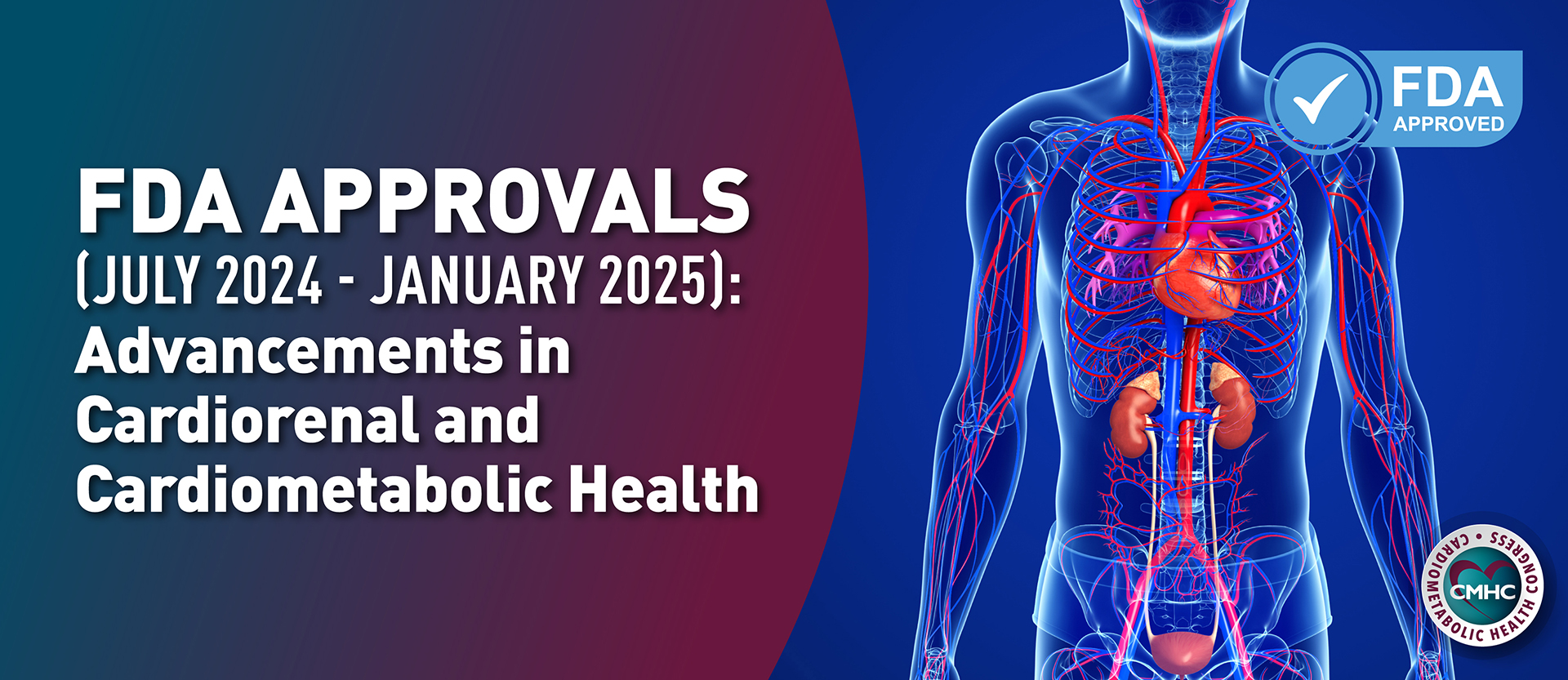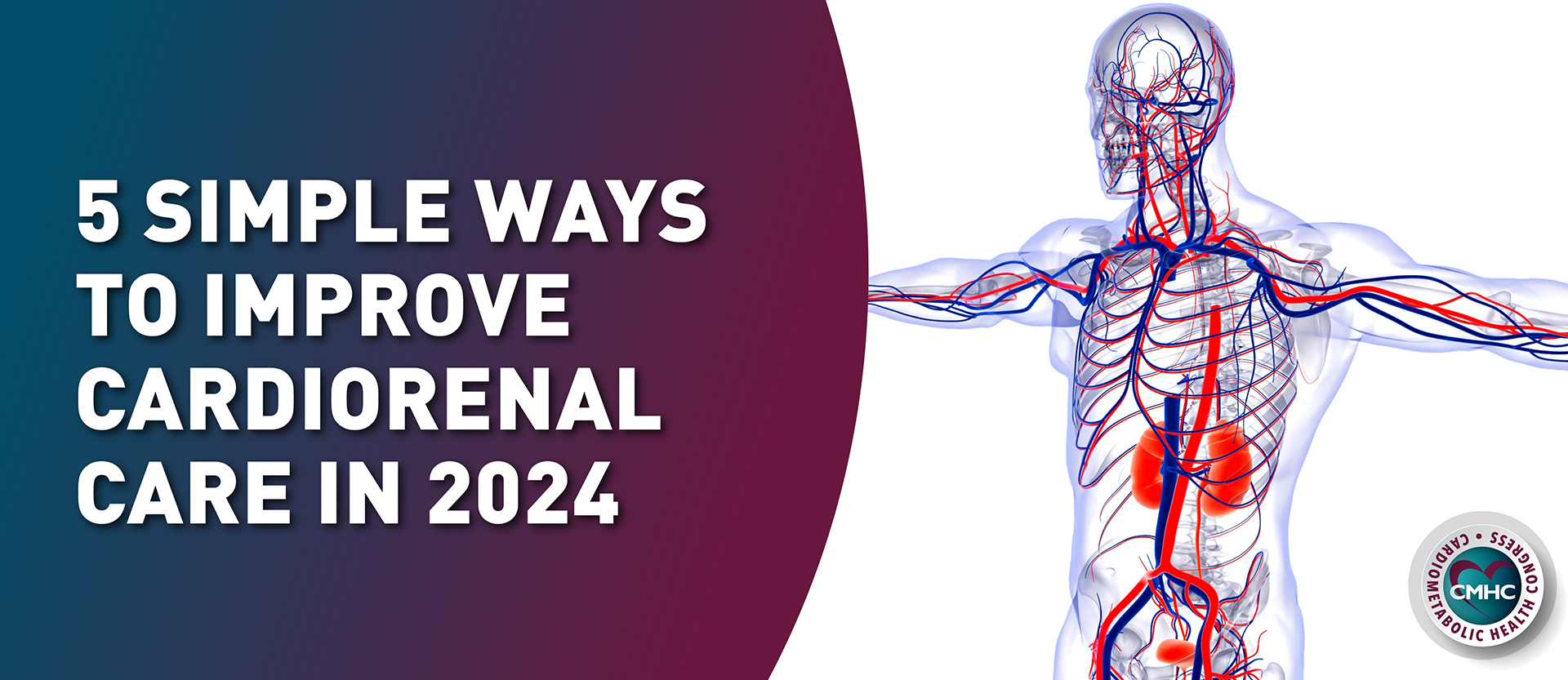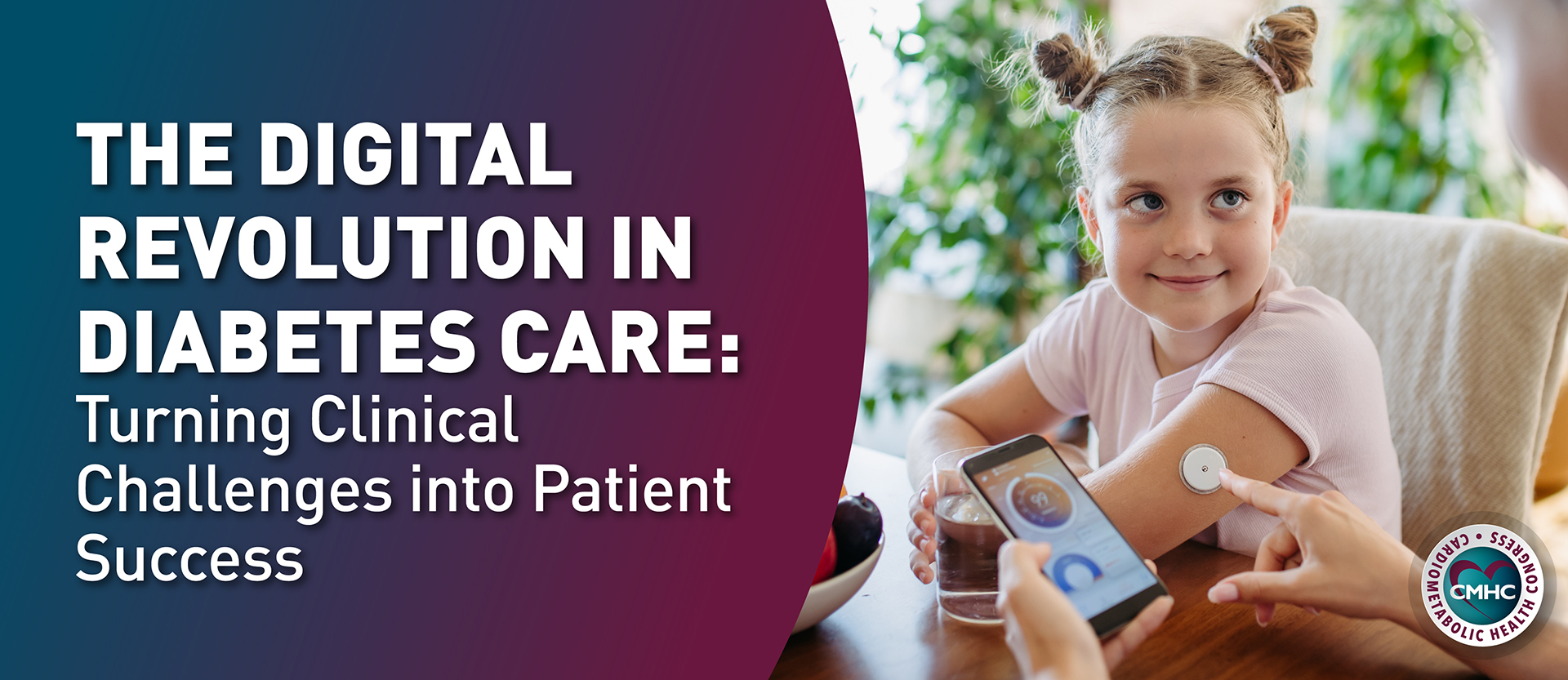Promoted for a host of associated benefits – ranging from weight loss and lowered blood pressure to improved glucose control – the ketogenic diet has surged in popularity in recent years. Consisting of a high level of fat, an adequate amount of protein, and a very low amount of carbohydrates (fewer than 50 grams daily), the keto diet may be recommended for the management of certain health conditions. However, there is little evidence supporting its efficacy and adequacy as an eating pattern; forthcoming research aims to ascertain whether the purported benefits of keto outweigh the potential long-term cardiometabolic consequences.
By depriving the body of carbohydrate-derived glucose, the ketogenic diet induces ketosis, forcing the body to utilize stored fat as an alternative source of energy. Although the precise mechanisms of action are unknown, this state is believed to have neuroprotective effects even able to diminish the number of seizures in patients with epilepsy. Furthermore, preliminary research suggests that the ketogenic diet may assist diabetes patients with blood glucose management and weight control.
Clinical studies have begun to investigate the additional potential therapeutic benefits of a ketogenic diet on health conditions, such as polycystic ovary syndrome, Alzheimer’s disease, and more recently, cancer. Emerging evidence implicates that the ketogenic diet may have anti-cancer properties and can complement standard therapies such as chemotherapy and radiation, boosting their efficacy by selectively inducing metabolic oxidative stress in targeted cancerous cells.
Ketogenic Diet Effects on Tumor Growth
In a new study, researchers at the University of Texas investigated the effects of blood glucose restriction via a ketogenic diet and diabetes medicine on cancer treatment in mice. Corresponding author Dr. Jung-Whan Kim, assistant professor of biological sciences at the university, and colleagues restricted circulating glucose levels in mice with xenograft lung and esophageal squamous cell carcinoma (SCC) tumors by feeding them a low-sugar ketogenic diet and the SGLT2 inhibitor canagliflozin.
Published in Cell Reports, their findings implicate that the ketogenic diet alone may have a tumor-growth inhibitory effect on squamous cell carcinoma cancers, while combination treatment of chemotherapy with an adjunct SGLT2 inhibitor may be even more effective. Researchers found that xenograft tumor growth of lung SCC and esophageal SCC in mice was significantly restricted in those fed a ketogenic diet compared with those fed with normal chow. The investigators note that both the keto diet and pharmacological treatment inhibited SCC tumor growth when tested alone however, the interventions did not decrease tumor size or affect other, non-squamous cell carcinoma tumors. The author’s findings implicate that lung and esophageal SCC cancers may be particularly vulnerable to glucose restriction. “Our results suggest that this approach is cancer cell type-specific. We cannot generalize to all types of cancer,” Dr. Kim concluded.
Glucose Restriction for Improved Cancer Treatment Outcomes
As part of their investigation, Dr. Kim and colleagues also examined the blood glucose levels of patients with lung or esophageal squamous cell cancer and compared them with those from lung adenocarcinoma patients. In analyzing blood samples from 192 lung or esophageal SCC patients and 120 lung adenocarcinoma patients, researchers found a strong correlation between elevated blood glucose concentration and decreased survival rates among SCC patients. None of the patients had diabetes and no such correlation was found in the lung adenocarcinoma cohort.
The results of the preclinical human trial further implicate the potential efficacy of glucose restriction on inhibiting squamous cell carcinoma growth although, authors note that the research is still in its early stages and requires more extensive investigation. Nonetheless, Dr. Kim’s findings uncover a potential new therapeutic strategy for improving cancer treatment outcomes. “Manipulating host glucose levels would be a new strategy that is different from just trying to kill cancer cells directly,” he says, “I believe this is part of a paradigm shift from targeting cancer cells themselves. Immunotherapy is a good example of this, where the human immune system is activated to go after cancer cells.”
Despite the treatment’s preliminary success – and the significant role of the ketogenic diet in the trial – researchers stress that the results cannot be generalized to all types of cancer. Further investigation is necessary to determine the impact of diet-induced ketosis on squamous cell carcinoma growth inhibition before any clinical recommendations are made.


















